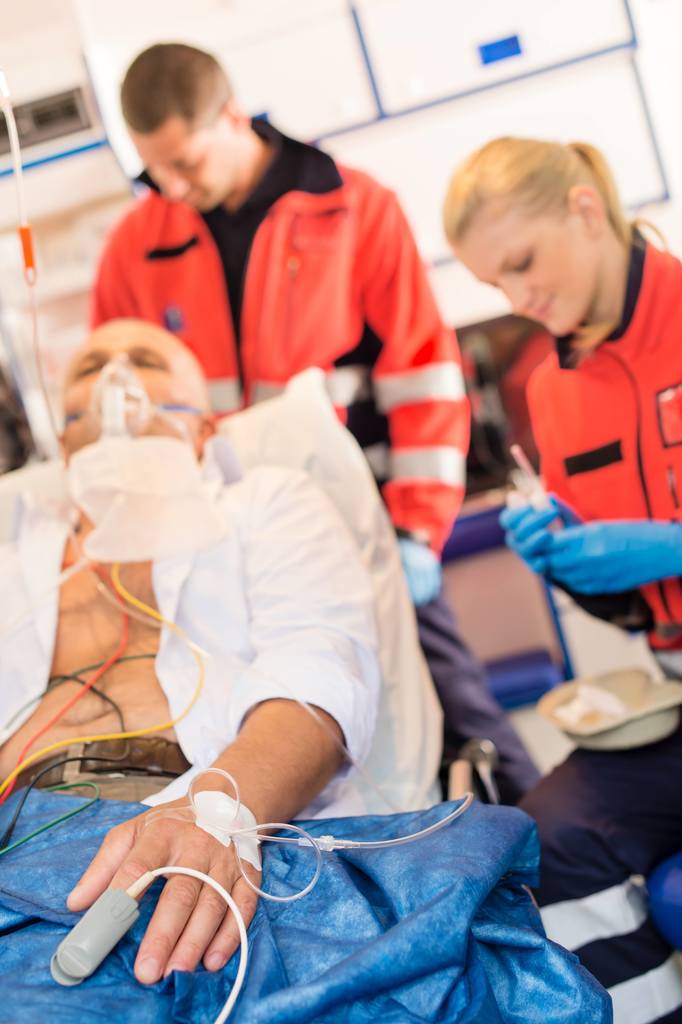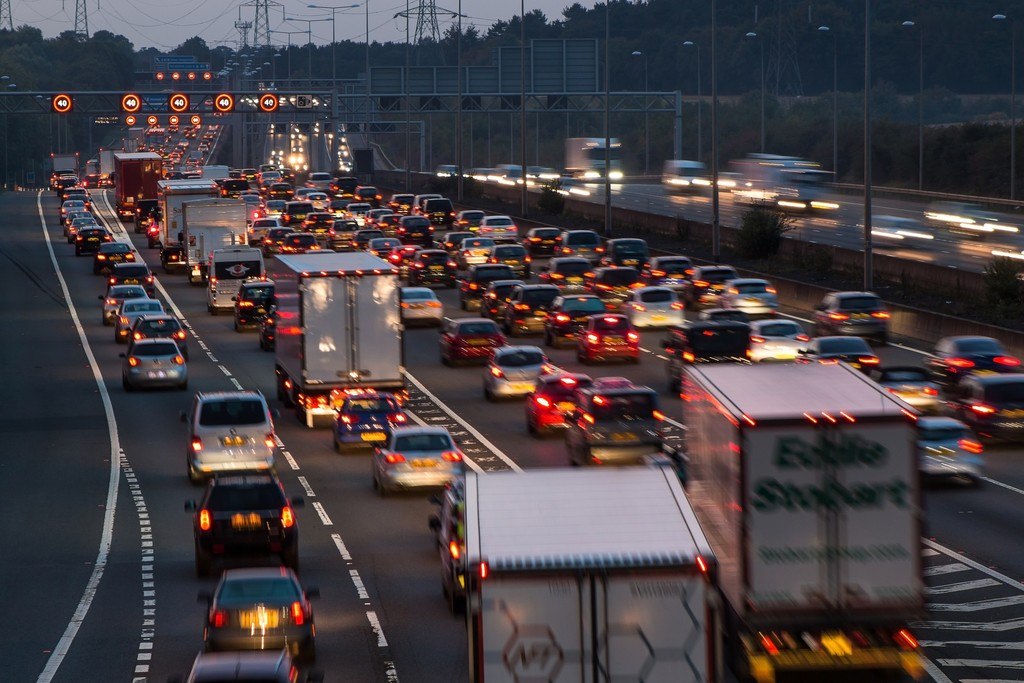The rollout of ‘smart’ motorways should be stopped, a cross-party group of MPs has said that Politicians and campaigners have cited a number of safety issues with the scheme, claiming drivers and recovery workers are put at risk. By Glen Keogh
More...
On smart motorways, which now account for more than 100 miles in England, the hard shoulder becomes a fourth lane with variable speed limits controlling the flow of traffic. A further 225 miles of smart - or All Lane Running [ALR] - motorways are planned.
In 2017, there were 16 crashes on smart motorways involving stationary vehicles, such as broken-down cars, figures from Highways England show.
In contrast, there were 29 crashes involving vehicles parked on the hard shoulder across the rest of England's motorways, stretching about 1,800 miles.
According to campaigners, the lack of a hard shoulder gives those who have broken down nowhere safe to pull over.
Conservative MP Tracey Crouch, who is a member of the recently-formed all-party par-liamentary group focusing on road safety, said the rollout of smart motorways should be halted with immediate effect.
'We need the Government to pause and reflect on whether Other MPs backing the motion include ex-transport minister Sir Mike Penning and former Lib Dem leader Tim Farron.

It is led by Samantha Cockerill, whose partner Steve Godbold - a vehicle recovery worker - was killed by a HGV which had strayed on to the hard shoulder of the M25.
Another victim, Ellie Montgomery, suffered a hairline neck fracture and her husband and child were knocked unconscious when they were hit after breaking down by a HGV travelling at 50mph on the M6.
She said: 'It turns the motorway into a death trap. There is no amount of technology that can overcome the danger of not having a hard shoulder as a safety net.'
A spokesman for Highways England said: 'Smart motorways are good for drivers; they add extra lanes giving extra space so more people can travel, they use technology which makes journeys more reliable and evidence proves they are as safe as traditional motorways, which are already among the safest roads in the world.'

But he added on smart sections of the Ml, M3 and M5, emergency areas were being made more visible and systems were being introduced to detect stationary vehicles.
Earlier this year, it emerged that fines for speeding on smart motorways had doubled in a year and increased tenfold in five years.
In 2017, 72,348 people were fined on motorways with variable speed limits. Of the fines issued, two-thirds were imposed on motorists driving at 69mph or below.


